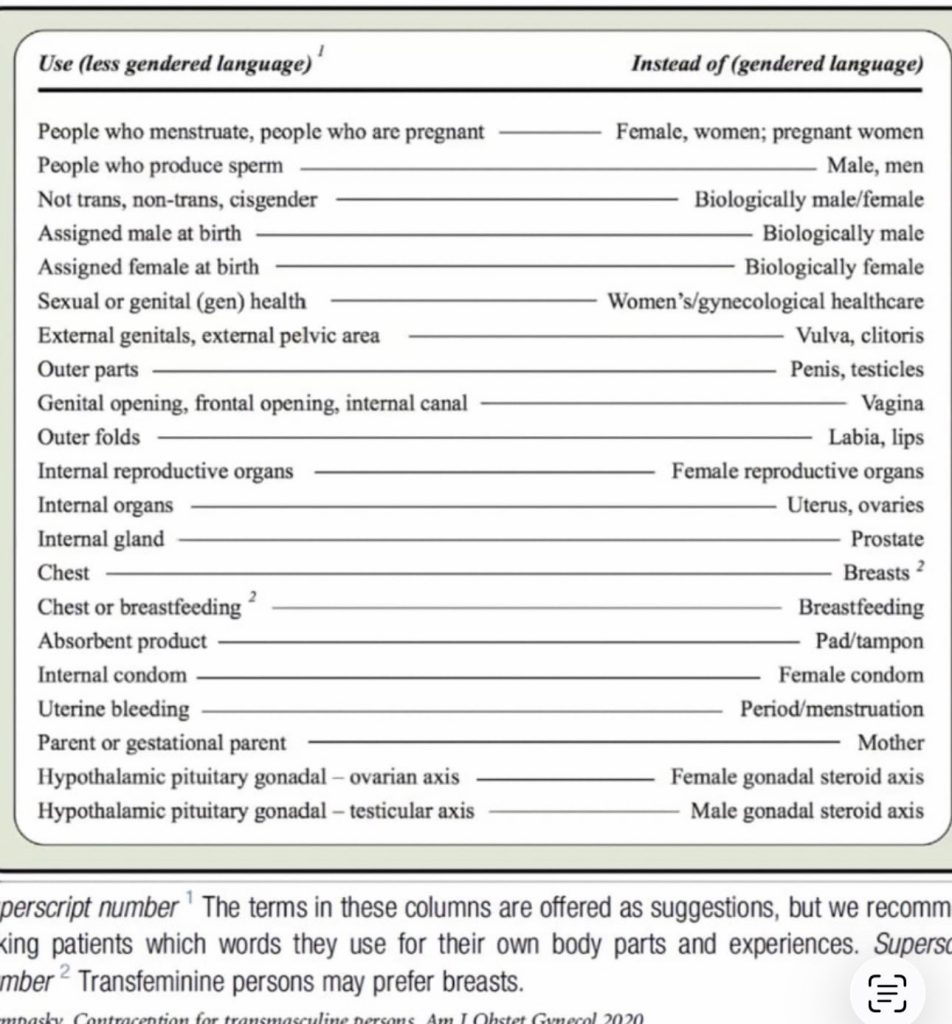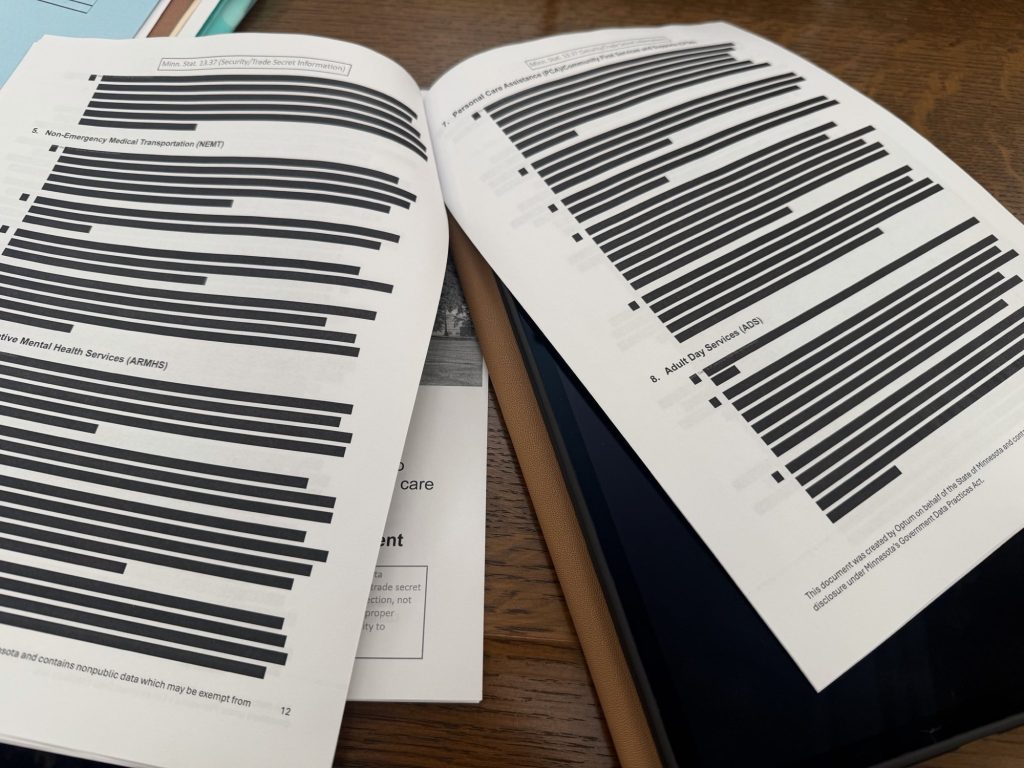Since the 2016-17 school year, enrollment in Marblehead Public Schools has declined from 3,144 students to a projected 2,389 students this year — a 24% decrease. This shift reflects long-term demographic changes in our town and is not indicative of a decline in school quality. Communities across Massachusetts and the nation are experiencing similar enrollment declines, driven by lower birth rates and aging populations. Public school participation in Marblehead has remained steady at 76% to 79% of school-aged residents for nearly a decade; the reality is simply that many households whose children once filled our classrooms have aged out. Since 2016, the share of residents age 65 and older has risen from 17.9% to 22.6% — meaning roughly 1,100 more Marblehead residents are now over age 65 than in 2016.
Proactive rightsizing: The district has not been idle in the face of these shifts. The consolidation of Bell, Coffin and Gerry into the Brown School was a significant, multiyear structural change driven by projected declines in enrollment. By reducing our building footprint, we eliminated the overhead of maintaining aging facilities and redundant programs. This was a proactive rightsizing of our infrastructure designed specifically to address the demographic shifts we are seeing today.
The staffing “delta”: While enrollment has declined 24% since 2016, staffing has declined 14.7%. That 9% gap understandably raises questions. Two factors explain most of it:
——-
More.
Since 2006, WI has lost more than 83,000 students. Some of it is demographic reality. Some of it is parents fed up with failing schools.
——-
Locally, Madison taxpayers are $pending more amidst flat to declining enrollment:
8,897 (!) Madison 4k to 3rd grade students scored lower than 75% of the students in the national comparison group during the 2024-2025 school year.
Madison taxpayers have long supported far above average (now > $26,000 per student) K-12 tax & spending practices. This, despite long term, disastrous reading results.
Madison Schools: More $, No Accountability











